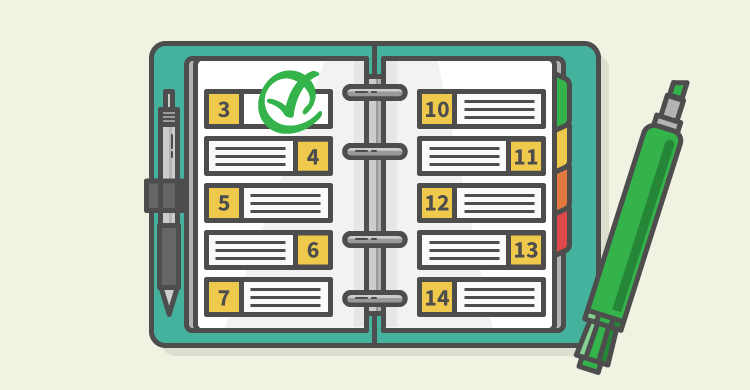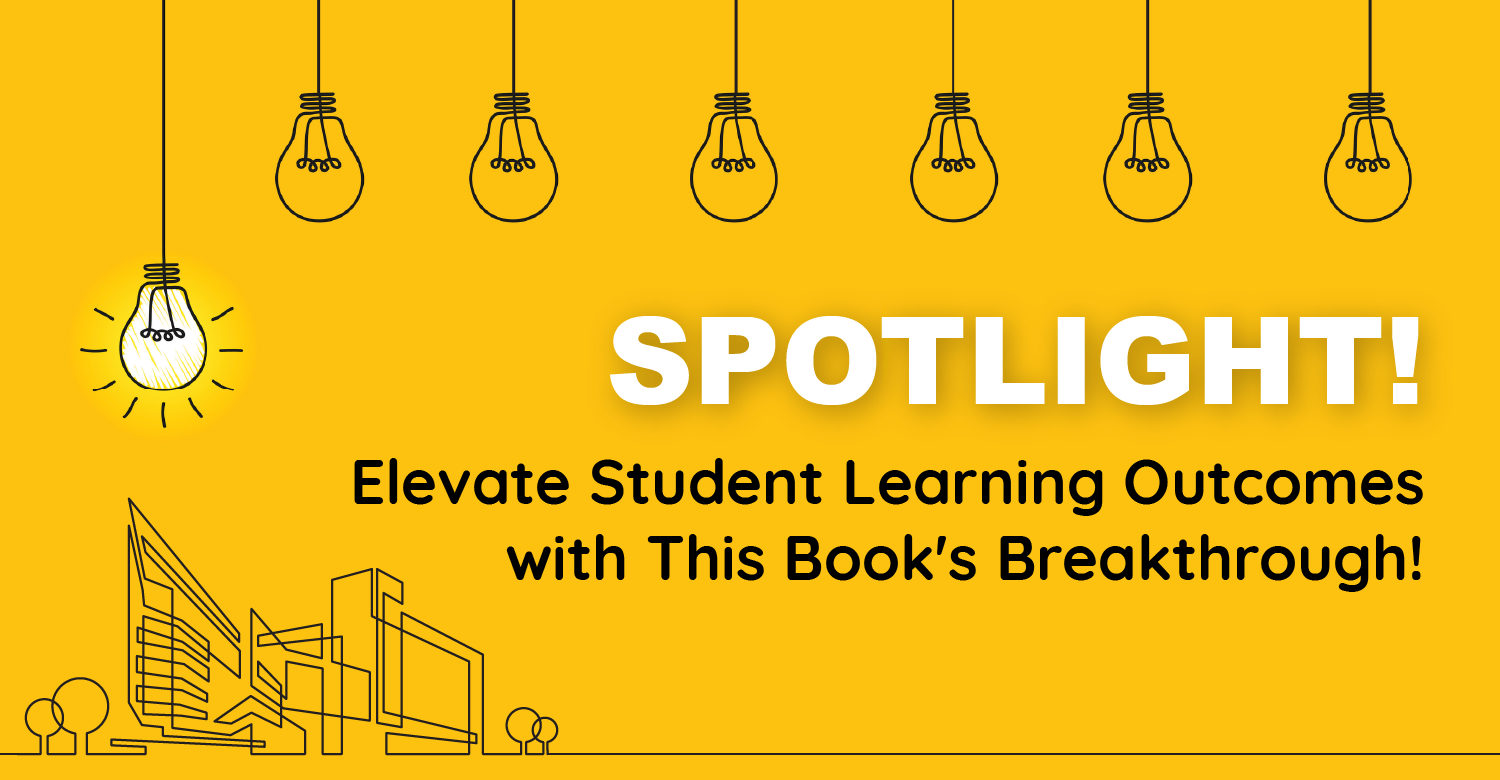As schools work to answer the question “How will we respond when some students do not learn?” they often start by looking for ways within their daily schedules to allocate time for interventions—time for students and teachers to drop everything and address specific skill gaps. Recently I’ve had several conversations with teachers and leaders who are making plans in their schools for this time. Having worked with several schools that have successfully made this time, I know it is imperative to simultaneously ask the fourth critical question of a PLC (“How will we respond when some students already know it?”). If Tier I instruction is quality, then only 15 to 20 percent of students should need interventions, which leaves at least 80 percent with no need for traditional interventions. If the time is going to be allocated to meet individual needs, the instruction during that time must be meaningful for all students.
I can think of several schools that have been able to make this time beneficial for all. These schools have thoughtfully planned this time using common assessment data to determine what students need, reviewing research to determine which interventions are likely to be successful, and maximizing collaboration time to discuss the data, intervention, and next steps. One school in our district calls this common time WIN (Whatever I Need) time. A group of students may need to learn strategies to identify the main topic of a passage. Those students who do not need interventions may join a book study, write a story, or get additional practice that adapts to their level on a computer program focused on grade-level standards. Students who need additional assistance in reading receive small-group or one-on-one instruction.
All students get feedback and support from staff. Special education, gifted, and reading teachers and even administrators provide instruction since this time is common across the building. WIN time is not time for homework, extra independent math work, or free time for students who do not need interventions. We all know a student who is bright and uses most of their intelligence in school to figure out the easiest way to get through—the kid who knows just how many points they need to get the targeted grade, which teachers they can charm into falling for their excuses, and (if given intervention time) how to do the minimum amount of work. If this time isn’t intentional, it will be a waste for these students. Planning for those who do not need interventions is as important as planning for those who do.
[author_bio id=”278″]






